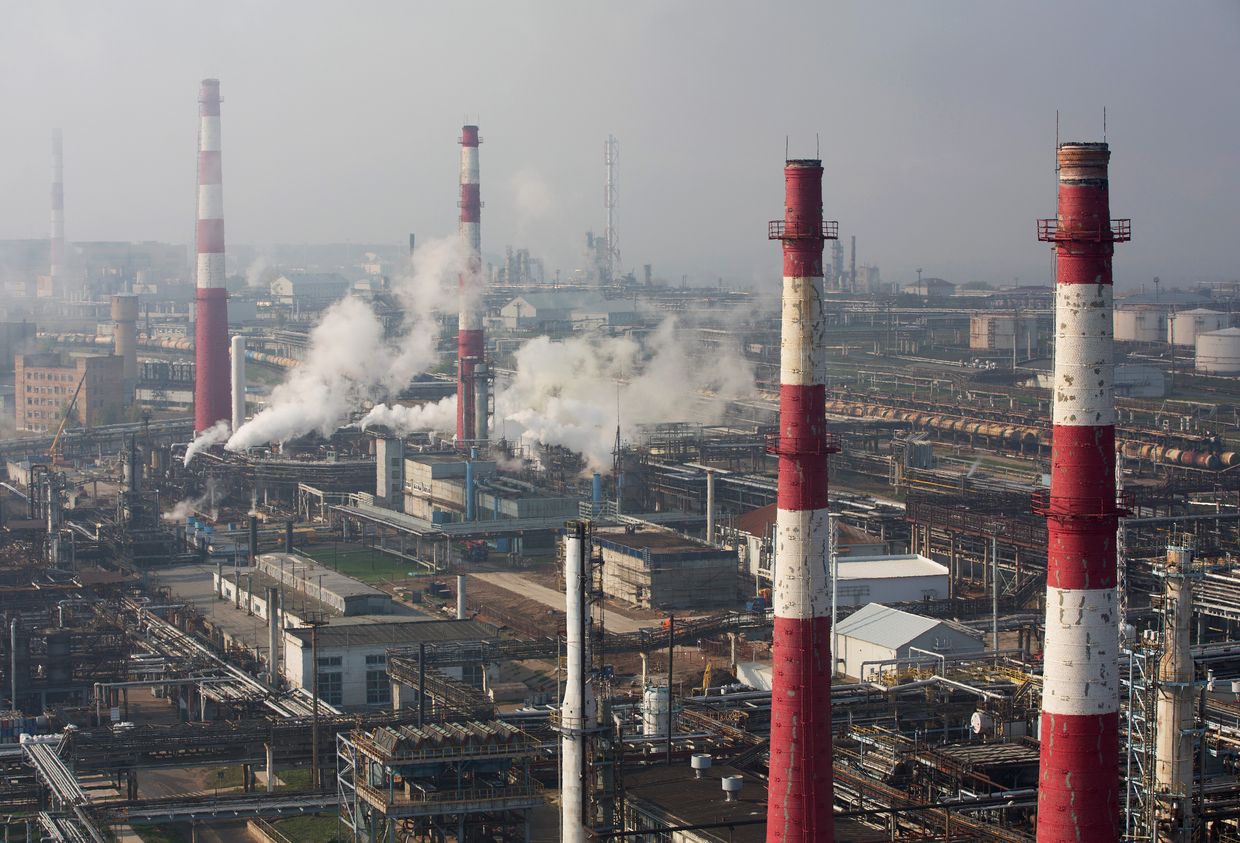Politico: Russia low on fuel after Ukrainian strikes on oil refineries

Ukrainian drone strikes were successful in putting pressure on Russia's fuel supplies, causing gasoline and diesel prices to surge for Russian consumers, Politico reported on April 29.
The cost of diesel went up almost 10% in the past week, while gasoline's prices hit a six-month high, going up by more than 20% when compared to the start of the year, Politico wrote, citing government data.
Ukrainian forces have launched a series of drone strikes aimed at damaging Russia's oil industry. Attacks against oil depots in Russia's Smolensk Oblast last week destroyed 26,000 cubic meters of fuel, security sources told the Kyiv Independent.
More than a dozen oil refineries have been reportedly hit in recent months, and just earlier on May 1, Russian Telegram channels claimed that a refinery in Ryazan Oblast caught fire following an overnight drone strike.
In the wake of the attacks, many refineries have been forced to suspend production, leading to a drop in fuel supplies.
The campaign has led Russia, traditionally a fuel exporter, to restrict its sales abroad. Bloomberg reported on April 18 that the country's diesel exports continue to drop amid the ongoing attacks.
Energy exports have long been a key source of Moscow's revenue and have helped to sustain its ongoing war against Ukraine.
Russia sold just over 712,000 metric tons of diesel and gasoil last week, compared to more than 844,000 metric tons during the same period last year, Politico noted.
This data suggests that while Ukraine faces an increasingly difficult situation on the battlefield, its campaign against the Russian oil industry is achieving success.
The strikes have prompted criticism from U.S. officials, who have made it clear Washington does not support Ukraine's targeting of oil refineries, citing fears that it could threaten the global energy market.
Ukraine retorted that it considers Russian refineries to be legitimate military targets.













